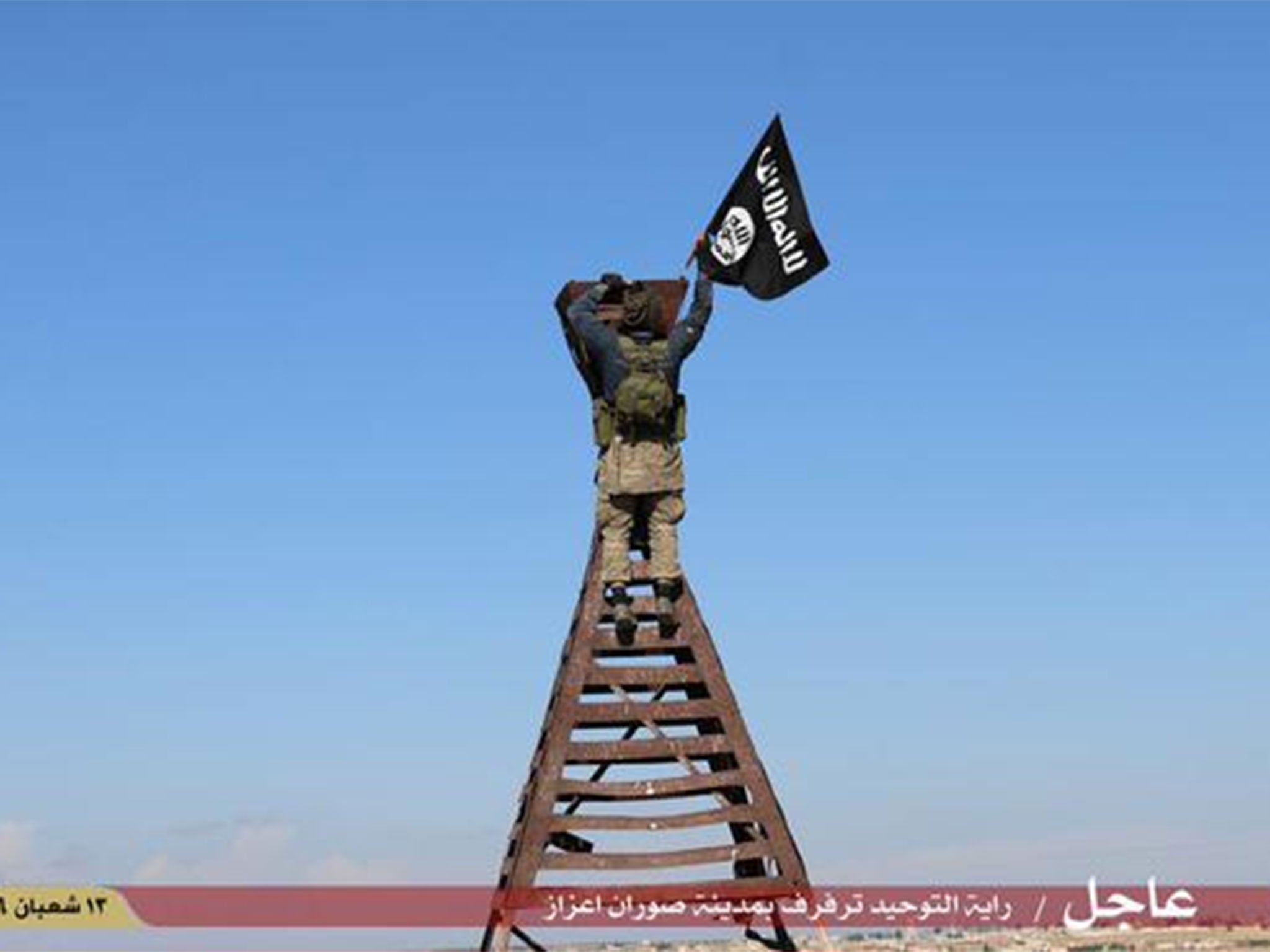The Only Way Is Ethics: Should we say 'Daesh' instead of 'Isis'?
The name irritates leaders of the so-called Islamic State because it reduces the grandness and splendour of the posturing name they have given to the entity they seek to rule


While there is no disagreement in the West about the brutality and illegitimacy of the group known as Isis, there is no such consensus on what we should call it.
The debate has been revived this week by a letter from several high-profile MPs, including Boris Johnson and Keith Vaz, which calls on the Government and the BBC to stop using the terms “Islamic State”, “Isis” and “Isil” (Islamic State of Iraq and the Levant) and opt instead for “Daesh”. This is based on an Arabic acronym and is said to have negative connotations, both in the original and because it sounds similar to pejorative terms in other languages.
The Independent has used Isis (Islamic State in Iraq and Syria) since the group first emerged, though we also refer to the “so-called Islamic State” occasionally. At the outset, Isis seemed the best option. Using an acronym avoided excessive focus on the words Islamic and state, both of which confer an unwarranted degree of legitimacy. And Isis was preferable to Isil, because while everyone knows more or less where Syria is, the Levant might lead to some head-scratching.
Isis is not without its problems. Girls named after the Egyptian goddess of the same name feel put upon, much as Adolfs must have felt after the outbreak of the Second World War. And while the acronym might help to avert that troublesome focus on Islamic and state, it isn’t exactly rejecting the description outright.
In other areas of our reporting about Isis we consider the ethical dimension of whether coverage might aid the group’s propaganda machine. Most obviously, we generally steer clear of showing images from the glossy, movie-like videos of executions which Isis regularly promulgates via the web. Some will say we should hold even these grisly films up to scrutiny; that we either report the truth or we hide it. But that is a false dichotomy. We choose not to republish material produced by Isis not because we are afraid of a hideous truth, but because it shows a perverted fantasy of the truth. We become agents in the propaganda war if we do not see that.
So is the same true in our use of Isis, an acronym which is, after all, similarly based on a perversion of reality? There is something in that notion, although there is a qualitative difference between choosing an appropriate name for a fanatical militia and deciding whether to show the consequences of its depravity.
Moreover, while Daesh may indeed be disliked by those it is used to describe, it is, in the final analysis, still simply an acronym stemming from al-Dawla al-Islamiya fil Iraq wa’al Sham, which translates as Islamic State of Iraq and Sham (Syria). The MPs who have called for its use argue that it is pejorative because it refers to “one who sows discord”, although its use in that sense appears to have come as a result of its development as an acronym, not in advance. It is, however, close to the Arabic word which transliterates as “daes”, meaning someone who crushes.
The primary reason why Daesh appears to irritate the grand and posturing leaders of the so-called Islamic State, is the fact that it reduces the grandness and splendour of the posturing name they have given to the entity they seek to rule. In short, the very fact of it being an acronym is what lies at the heart of Daesh being disagreeable to those who purport to be the creators of a new Islamic caliphate. In that respect, Isis fulfils the same function. It is also, more prosaically, by now well-known and understood by readers; and that is not a fact which should be simply ignored.
Will Gore is deputy managing editor of The Independent, i, The Independent on Sunday and the Evening Standard
Twitter: @willjgore

Join our commenting forum
Join thought-provoking conversations, follow other Independent readers and see their replies